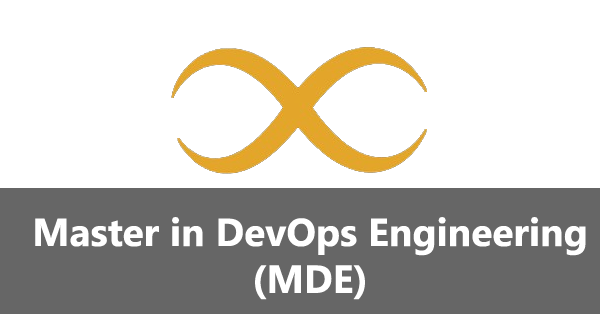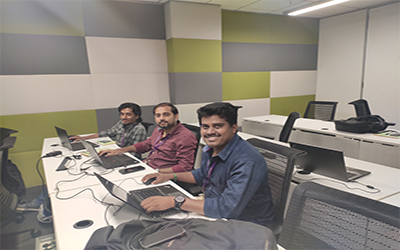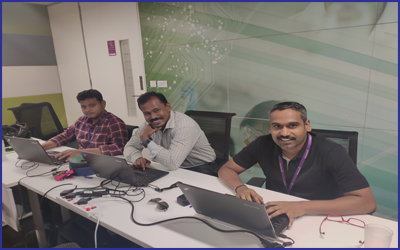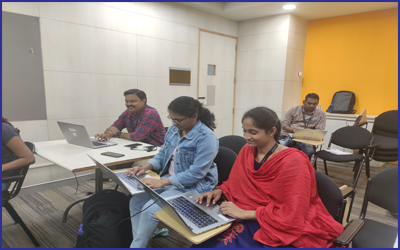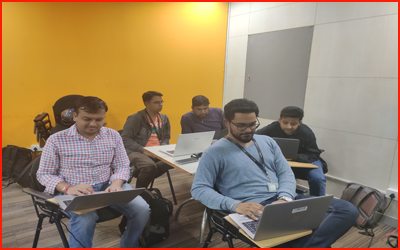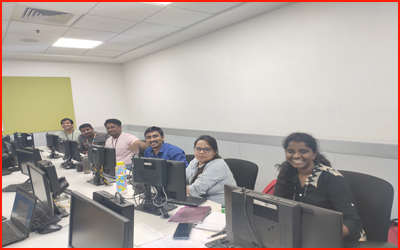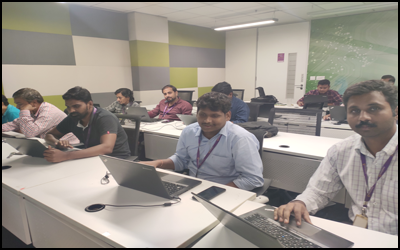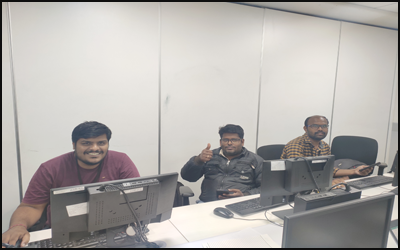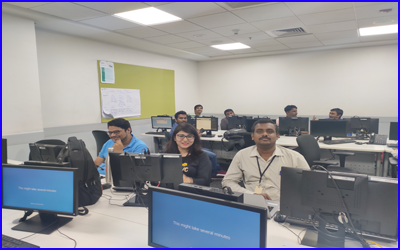- DevOps changes the landscape completely and we can observe it by this example:
if you will see today in the job descriptions, you look at the developers today
there is no Java developer there is no DOTNET developers there are full stack
developers. All of them are powered by tools, everybody wants to release faster,
everybody want to be more secure and therefore, if you don’t know how to combine
your skills and role with the power of tools and automation which is DevOps, you
will fall behind.
- As DevOps at its core is a cultural shift from traditional way of working to a
new approach of working together which allows building, testing, and deploying
software rapidly, frequently, and reliably. This approach no doubt helps
organization and enterprises to achieve their goals quicker and faster turnaround
time to deploy the new features, security issues, and bug fixes.
- But, it affects the entire work process and this change cannot be possible to
implement overnight. DevOps shift asked for automation at several stages which
helps in achieving Continuous Development, Continuous Integration, Continuous
Testing, Continuous Deployment, Continuous Monitoring, Virtualization and
Containerization to provide a quality product to the end user at a very fast
pace. This requires careful and gradual implementation so as to not make a mess
of the functioning of the organization
- DevOps implementation requires peoples who can understand the organization
current scenarios and helps them to implement this shift accordingly. There is no
single tool or magic pill that can fix existing issues in organizations and
achieve the purpose of DevOps to work on collaboration. Therefore a software
engineer nowadays must possess the DevOps skills and mindset and required various
tools knowledge and they should have that sound knowledge to understand where to
use these tools accordingly to automate the complete process
Apart from DevOps:
DevOps, DevSecOps and Site Reliability Engineering (SRE) all three are going to
rule the Software Development Industry.
DevOps aims to increase the speed of software delivery by enabling continuous
collaboration, communication, automation and integration.
DevSecOps aims to increase the level of security with faster development. It
helps developers and security professionals find and maintian a healthy balance
instead of priotizing the faster software delivery.
After that, the requirement of an SRE naturally comes when a team is implementing
DevOps and DevSecOps. SRE make sure to enable balance between developing new
features on the one hand, and ensuring that production systems run smoothly and
reliably, on the other.
Earlier DevOps were adopted and still transition is going on from Agile to DevOps
and after lots of debate IT leaders are really looking forward to shifting
towards DevSecOps mindset. ANd now SRE concept introduced by Google engineer's
who build and implement softwares to improve the reliability of systems.
Its no more DevOps vs DevSecOp vs SRE - it’s SRE with DevOps and DevSecOps. In a
nuthsell we can say, DevOps asks what needs to be done, DevSecOps asks it also
needs to be done and SRE asks how that can be done.
All disciplines, DevOps, DevSecOp and SREs, aims to enhance the release cycle by
helping developers and oprations and QAs to see each other’s side of the process
throughout the software development lifecycle. They also advocate automation and
monitoring, reducing the time from when a developer commits a change to when it’s
deployed to production. It requires full commitment from everyone involved in the
process. They all aim for this result without compromising the quality of the
code or the product itself. The whole team can work together to deliver a secure
product that can be easily updated, managed, and monitored.

